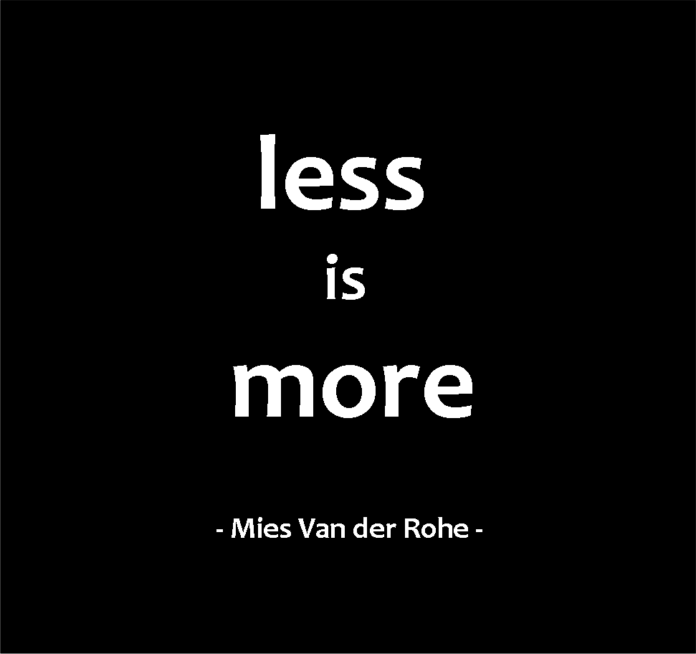Introduction:
Trading foreign exchange (Forex) can be an exciting and potentially lucrative venture. However, many traders find themselves trapped in a cycle of over-trading, resulting in losses and frustration. In a quest for answers, I sought the insights of Whale Major, a professional forex and crypto trader known for his success in the field. His response shed light on the importance of trading less and focusing on quality trades rather than quantity. In this article, we explore his thoughts on the subject and discover practical strategies to trade less and win more.
The Pitfall of Over-Trading:
It’s a common misconception that trading more frequently leads to greater profits. In reality, over-trading can be detrimental to one’s success in Forex. As Whale Major aptly put it, “Staying overtime will blur your Vision, and you’ll End up Giving Back what you already Took.” The key lies in being selective about the trades you take and exercising discipline.
Trading Less: Not Doing Anything or Selecting Quality Trades?
According to Whale Major, trading less does not mean refraining from taking any action. Instead, it involves avoiding trades when the criteria for entry are not met. He explains, “You don’t TRADE less by ‘Not doing anything,’ you actually TRADE less by ‘Not doing anything when your Criterion for ENTRY aren’t there.'” This approach allows traders to stay focused on high-probability setups and avoid unnecessary trades.
Choosing the Right Time Frame:
One factor that significantly influences the number of trades taken is the time frame in which a trader operates. Whale Major emphasizes that lower time frames offer more opportunities but also increase the temptation to over-trade. To mitigate this, he recommends shifting to higher time frames, such as the 1-hour or above, to reduce the frequency of trades. By doing so, traders can alleviate the stress and anxiety associated with constantly monitoring charts.
Whale Major’s Trading Strategy:
Whale Major shares his personal trading strategy, which involves forming biases before the trading day begins. He marks out key levels on higher time frames, such as the 4-hour and daily charts, and refrains from trading until the price approaches those levels. This approach ensures that he is only active in the market when favorable conditions arise. He advises traders to consider this method and suggests having a fixed risk-reward ratio (RRR) in place for better risk management.
The Power of Gold:
In addition to sharing his trading approach, Whale Major highlights the potential of trading gold. He recommends analyzing gold on the 4-hour time frame, identifying demand and supply zones, and then going back to a 1-hour time frame to study price reactions at these levels. By utilizing specific criteria to enter trades at these regions, traders can capitalize on the volatility and profit potential of gold.
Using Tradingview and MT5:
Whale Major concludes by suggesting the use of Tradingview for analysis and MT5 for trade execution. By separating the tasks, traders can focus on monitoring trades without being distracted by unnecessary setups. This division of labor enhances efficiency and prevents impulsive trading.
Conclusion:
The path to success in Forex trading involves trading less and focusing on quality setups rather than excessive trades. By adopting a disciplined approach, selecting the right time frame, and analyzing potential trades with precision, traders can increase their chances of profitability. Whale Major’s insights and strategies provide valuable guidance for aspiring Forex traders looking to optimize their trading approach. Remember, in the world of Forex trading, less is often more.
